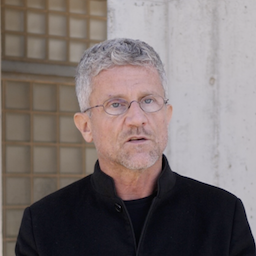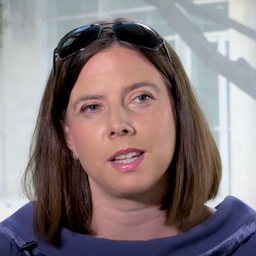
Editor’s note
This series was published in May 2020. For a more recent analysis on the urban impact of Covid-19, please check our new feature article series ‘One Year After’: Urban Learnings from a Year of Pandemic — published in March 2021.
Since Covid-19 became a global health crisis, cities and citizens from all over
the world have witnessed and experienced the urban dimension of the pandemic.
The ongoing crisis forces us to rethink our life in cities, but also the way
how public and private resources are used to respond to the social and economic challenges
that the pandemic has brought to the fore.
In this shifting moment,
we at CitiesToBe & anteverti are focused
on finding answers to uncertainty
and shedding light on the future of cities.
Here you will find our experts’ topic-by-topic analysis of the impact of the
pandemic in the near urban future, paired with a set of priorities for action
for cities, governments and companies:

6 TRENDS
THAT WILL CHANGE
URBAN ECONOMIES
The urban economic ecosystem can only emerge stronger from the Covid-19 crisis by applying innovative approaches, sharing knowledge and creating new synergies.

HOW ARE
PUBLIC SPACE & SOCIAL LIFE
GOING TO CHANGE?
Covid-19 will radically change our human relationships and the spaces they inhabit – which in turn becomes an opportunity to rethink our cities in order to make them more resilient and livable.

5 KEYS TO KEEP MOVING
TOWARDS
URBAN SUSTAINABILITY
Cities face the double challenge of overcoming the socio-economic impact of Covid-19 while preserving the positive environmental side effects of quarantine.

9 EMERGING TRENDS
IN DIGITAL TRANSFORMATION
FOR URBAN MANAGEMENT
The pandemic has accelerated many digitalization processes that were predicted to be more gradual – and urban management has been no exception.

5 REASONS WHY METROPOLITAN
COOPERATION AND CITY ALLIANCES ARE KEY
FOR A RESILIENT POST-PANDEMIC FUTURE
No city is big enough to face this pandemic alone, and multi-level collaboration, multi-stakeholder alliances and internationalization can and should be an accelerator of global urban resilience.































































































